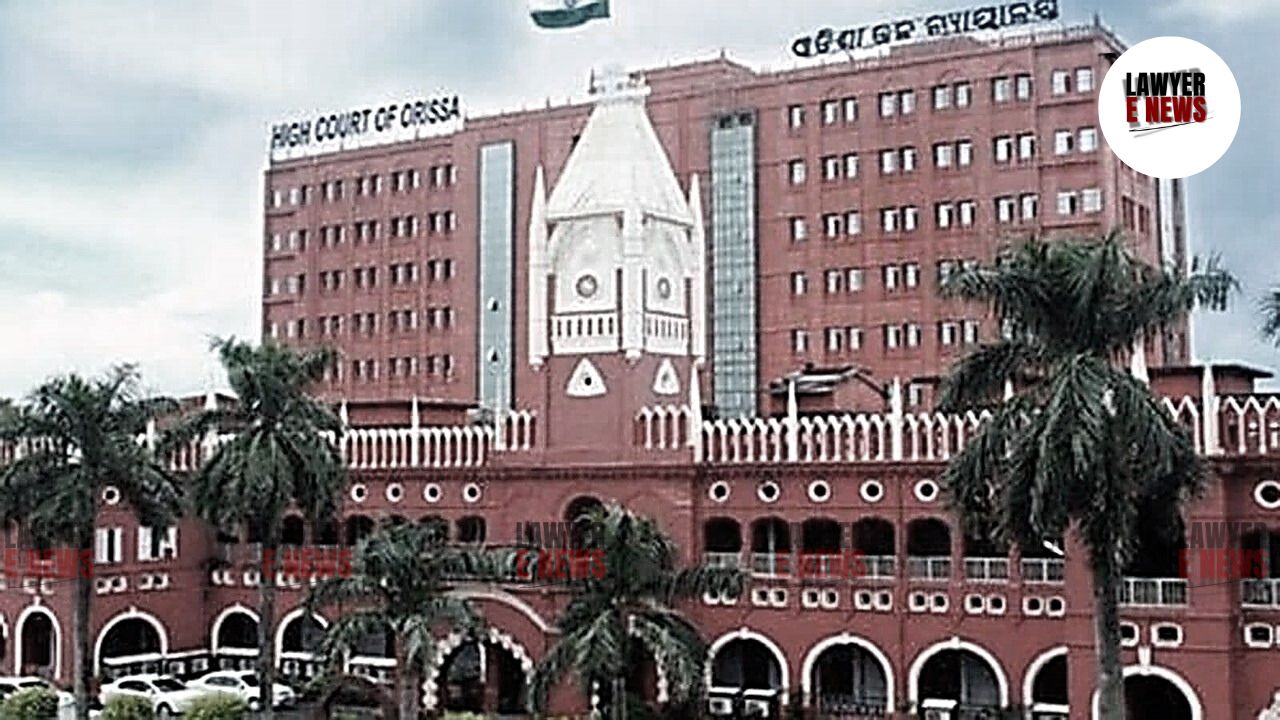-
by Admin
15 February 2026 5:35 AM



Justice Murahari Sri Raman emphasizes the limited scope of executing courts in dismissing D.K. Enterprisers’ appeal. The Orissa High Court has dismissed the appeal filed by D.K. Enterprisers, challenging the execution of a decree transferred from the Nagpur Court to Bhubaneswar. Justice Murahari Sri Raman’s judgment highlighted the limited jurisdiction of executing courts and underscored the necessity of adhering strictly to the provisions of the Code of Civil Procedure (CPC).
The case originated from a decree passed in Special Civil Suit No. 76 of 2014 by the 3rd Joint Civil Judge, Senior Division, Nagpur, in favor of Jyoti Sanjay Agrawal, proprietor of V.K. Enterprisers. The decree, which mandated the recovery of Rs. 25,96,822/-, was transferred to Bhubaneswar for execution under Sections 37, 38, and 39 of the CPC. D.K. Enterprisers, represented by Sunita Devi Agrawal, filed an interlocutory application under Section 47 of the CPC to challenge the decree’s enforceability and the process of its execution in Bhubaneswar. Additionally, the petitioner sought condonation of a 346-day delay in filing the civil revision petition.
Justice Sri Raman emphasized the proper transfer of the decree under Section 39 of the CPC, allowing for its execution in Bhubaneswar. “The decree from Nagpur was rightly transferred to Bhubaneswar for execution. The provisions under Sections 37, 38, and 39 of the CPC allow for such transfer if the property or the judgment debtor is within the jurisdiction of the executing court,” the court observed.
The court reiterated the limited scope of an executing court, which cannot question the validity or correctness of the decree. “The executing court must execute the decree as it stands and cannot delve into questions of its validity or correctness unless it is a nullity,” stated Justice Sri Raman. He referenced the Supreme Court’s ruling in Rahul S Shah v. Jitendra Kumar Gandhi, emphasizing that execution proceedings should not turn into a protracted re-trial.
Addressing the 346-day delay in filing the civil revision petition, the court found the petitioner’s reasons insufficient and unsubstantiated. “No satisfactory explanation for the delay was provided. The grounds were vague and lacked substantial proof, leading to the dismissal of the application for condonation of delay under Section 5 of the Limitation Act,” Justice Sri Raman ruled.
The judgment extensively discussed the principles of executing decrees, focusing on the adherence to statutory provisions and established legal precedents. Justice Sri Raman cited several key rulings, including Merla Ramanna v. Nallaparaju and Century Textiles Industries Ltd. V. Deepak Jain, reinforcing the principle that executing courts must not question the validity of decrees and must ensure their timely execution.
Justice Murahari Sri Raman remarked, “The executing court must adhere to the decree as passed, without delving into its validity. Any challenge to the decree should be addressed in the appropriate forum, not during execution.”
The Orissa High Court’s decision reaffirms the judiciary’s commitment to ensuring the efficient and timely execution of decrees, while also highlighting the limited scope of executing courts. By dismissing the appeal and the interlocutory application, the judgment upholds the principles of the CPC and reinforces the importance of proper legal procedures. This ruling is expected to have significant implications for future cases, emphasizing the necessity for decree-holders and judgment-debtors to address their concerns within the appropriate legal frameworks.
Date of Decision: 18th July 2024
D.K. Enterprisers through Sunita Devi Agrawal v. Jyoti Sanjay Agrawal, Proprietor of V.K. Enterprisers
